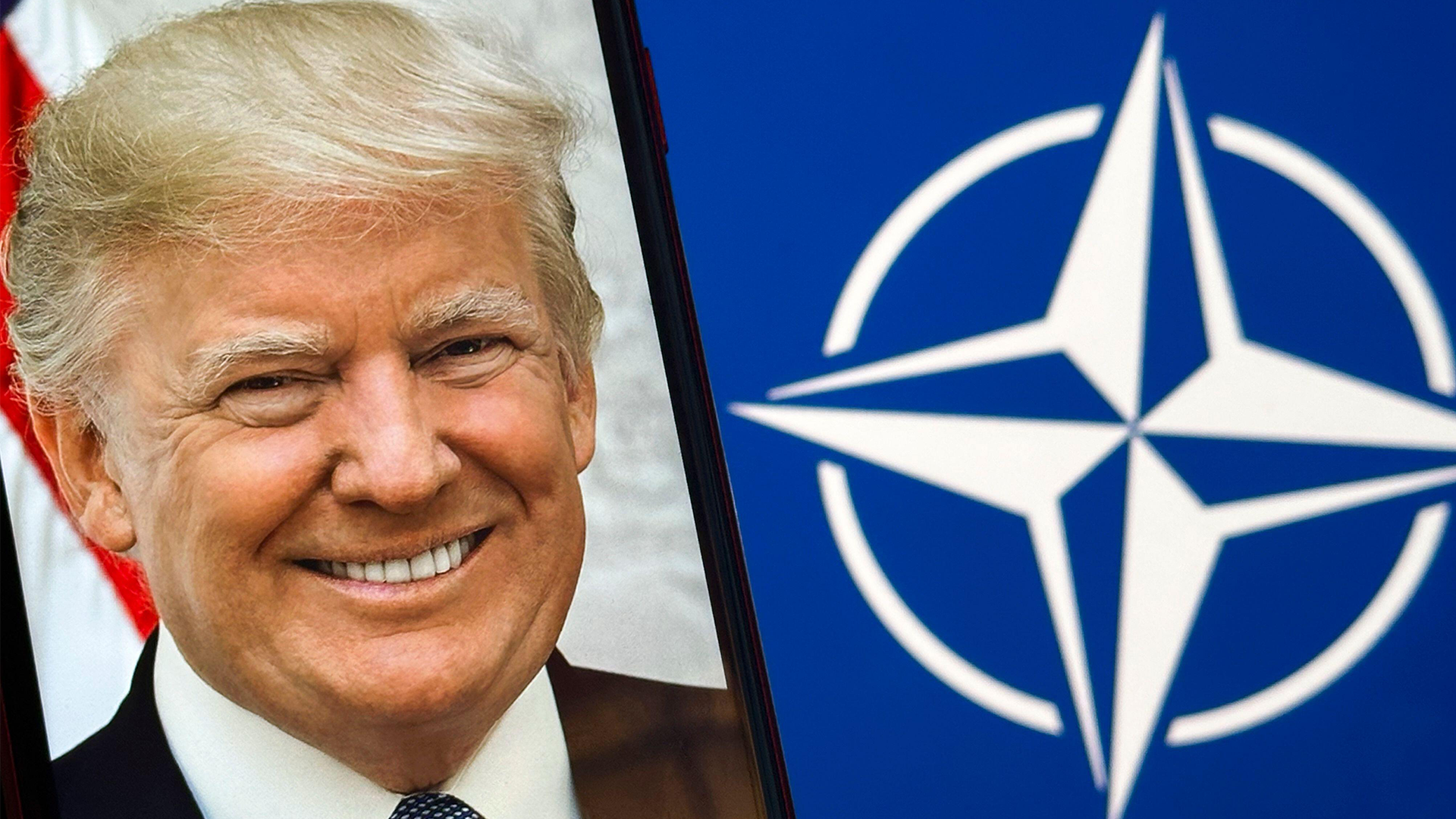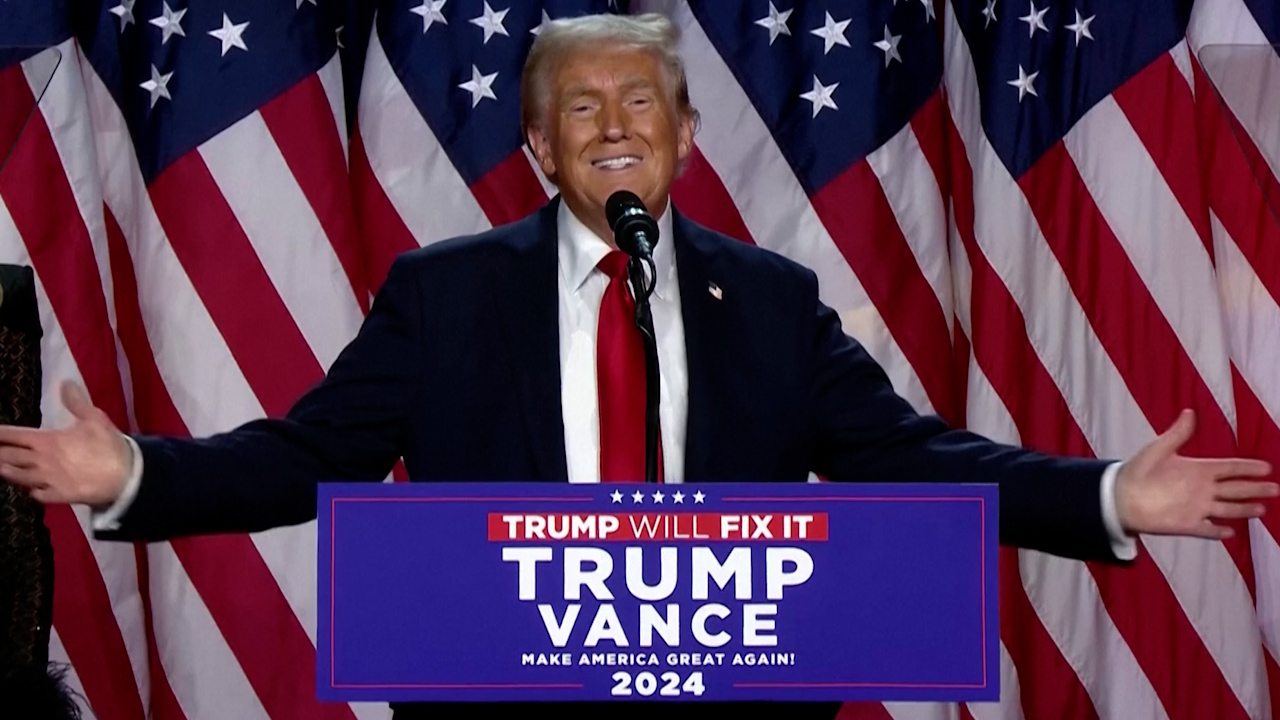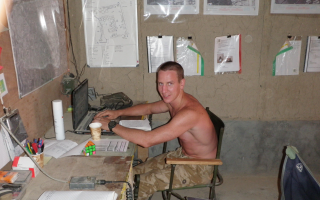
Delinquent allies and unmet targets: Trump's tough talk on Nato over the years

President Donald Trump has frequently and controversially criticised Nato for what he sees as an unfair distribution of defence spending.
During a campaign rally in February, he said he would "encourage" Russia "to do whatever the hell they want" to Nato allies who don't spend enough.
Mr Trump has consistently lashed out at Nato members for not meeting defence spending targets, specifically the goal of contributing 2% of their GDP toward defence, a benchmark established at the 2014 Nato Summit in Wales.
He first voiced frustration with Nato during his 2016 presidential campaign, labelling the alliance "obsolete" and stressing that the US was shouldering a disproportionate share of the defence burden.
"Nato is costing us a fortune and, yes, we're protecting Europe with Nato but we're spending a lot of money," he told the Washington Post in early 2016.
He argued that Nato allies should "pay what they owe" and criticised the financial imbalance, suggesting that Nato countries were relying heavily on US contributions.
During a public breakfast meeting with then-Nato Secretary-General Jens Stoltenberg at a Brussels Nato Summit in July 2018, President Trump said: "Many countries owe us a tremendous amount of money for many years back... because the United States has had to pay for them."
He accused Germany, in particular, of falling short of its defence contributions and being "captive to Russia" due to its reliance on Russian gas.

At a follow-up Nato Summit press conference in July 2018, Mr Trump threatened to potentially withdraw the US from Nato if the burden wasn't more evenly shared.
He also claimed credit for persuading Nato members to increase their defence spending, adding that allies had agreed to boost their defence spending sooner than planned. This claim was met with scepticism from other Nato leaders.
At a rally in South Carolina in February 2024, Donald Trump reinforced his position on Nato, stating he would refuse to defend any ally that fails to meet the alliance's 2% GDP defence spending target.
He recalled a foreign Nato leader asking him what he would do "if we don't pay and we're attacked by Russia", to which Mr Trump answered that he would not defend the "delinquent" Nato country, instead, he would "encourage" Russia to "do whatever the hell they want".
Mr Trump's suggestion that Nato allies owe payments to the US misrepresents the alliance's funding structure.
Nato doesn't involve direct payments to the US but rather requires each member to invest in their own national defence.
Defence spending among the 32 Nato member nations has been on the rise overall. In 2023, 11 nations met Nato's 2% GDP guideline, up from seven in 2022.
In 2024, a record 23 nations met or exceeded the target.
The eight countries falling short of the 2% mark are Croatia (1.81%), Portugal (1.55%), Italy (1.49%), Canada (1.37%), Belgium (1.30%), Luxembourg (1.29%), Slovenia (1.29%), and Spain (1.28%). Notably, all but Croatia have increased their defence spending over the previous year, bringing them closer to the alliance’s goal.
There has also been speculation that President Trump would not actively support Ukraine joining Nato.
The Wall Street Journal reports that one proposal within Mr Trump’s transition team involves Ukraine agreeing to a 20-year pause on joining Nato.
In return, the US would reportedly commit to continued military support, including weapons and resources, to help Ukraine deter future Russian threats.









